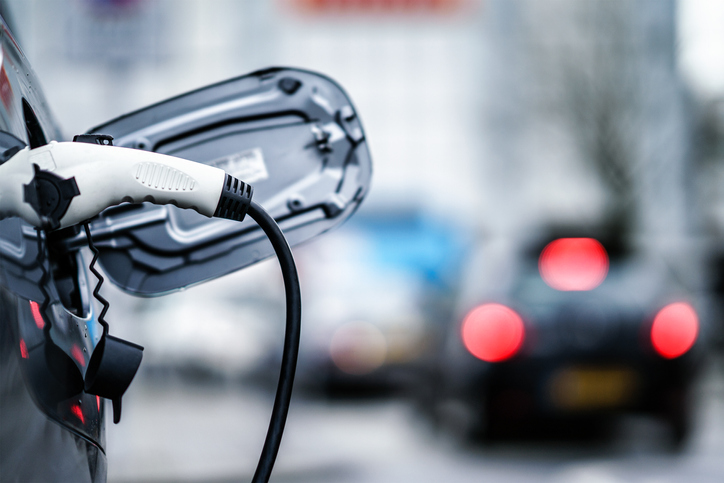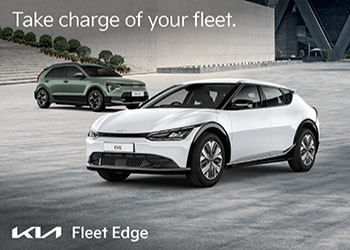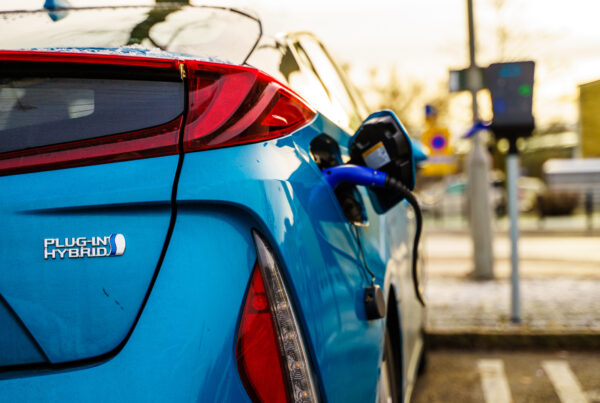Following the release of Australia’s Future Fuels discussion paper, critics have continued to weigh in on the lack of vision or planning towards an electric vehicle discussion.
The electric vehicle industry and motorists associations are unhappy that the government is not even considering the most basic incentives, such as tax breaks, to get more people buying electric cars.
Australian sales of electric vehicles, including plug-in hybrid electric vehicles and Teslas in 2020 numbered 6900, just 0.75 per cent of car sales and a tiny increase on the 6718 vehicles sold the previous year.
“A rapid transition to electric vehicles would clean our city air, drastically reduce our carbon emissions, and free us from our insecure dependence on foreign oil imports,” said Electric Vehicle Council chief executive Behyad Jafari.
“As always, the result of inaction in a dynamic environment is not stability. Australia’s inertia on EV has been noticed by the global auto sector, which now withholds the best and most affordable electric vehicles from our market.”
Meanwhile an online rally of nearly 200 voters was held earlier this week to discuss the finer points of why Australian states such as Victoria, South Australia and NSW should not introduce a proposed EV tax.
“We want to see clean transport in this country, transport that won’t drive climate change and pollute our cities,” said Ellen Roberts, national director for Solar Citizens.
Victoria has already proposed a pricing mechanism for an EV tax that will charge electric car owners 2.5 cents per kilometre and plug-in hybrid owners 2 cents per kilometre driven. New South Wales and South Australia have also proposed similar taxing in their regions.
Worldwide comparisons
Australia’s commitment to EVs continues to lack on a global scale and it is showing in terms of raw sales figures if nothing else. As reported by Jenny Wiggins for the Australian Financial Review earlier this week sales in Europe are growing rapidly.
Take for example France where battery electric car sales are averaging almost 10,000 a month and now have a 6 per cent share of the broader car market. In Norway, battery electric car sales are now 54 per cent of new car sales.
As seen in the table below, many major countries are providing genuine financial incentives, while Australia currently provides none at all. Whichever way you look at it, Australia is falling further and further behind world EVs standards – it’s time for our leaders to stand up and take action.
| G7 EV purchase incentives | ||
| Market | Incentive (local currency) | ~AUD |
| Canada | $5,000 | $5,000 |
| France | €7,000 | $11,000 |
| Germany | €6,000 | $10,000 |
| Italy | €6,000 | $10,000 |
| Japan | ¥400,000 | $5,000 |
| UK | £6,000 | $10,000 |
| USA | $7,500 USD | $10,000 |
| Australia | – | – |
Source: Electric Vehicle Council




















